Interoperable digital economic networks are also known as ecosystems. In an ecosystem, actors can identify each other in a reliable manner and information moves seamlessly between partners. Digital ecosystems are built by humans and for this reason, they require jointly agreed rules, data models, machine-readable data, and data transfer between services and systems and across interfaces.
The digital ecosystem of a company comprises customers, suppliers of goods, service providers, subcontractors, partners, software houses, and government agencies with their own systems. The company exchanges the same financial data with the above parties in slightly different formats and for different purposes.
The Real-Time Economy project aims to simplify and automate business processes. An interoperable ecosystem is founded on structured (standardised) information and on sharing it with selected trusted partners in a uniform and integral format. Identifying different types of dependencies is also important. For example, if at some point of the order-delivery process, the data that is being transferred is not in the agreed format, the automated data flow will also be interrupted and the company must switch to manual work. For this reason, data models and rule books are vital for an interoperable digital economy.
An ecosystem is built through co-creation.
